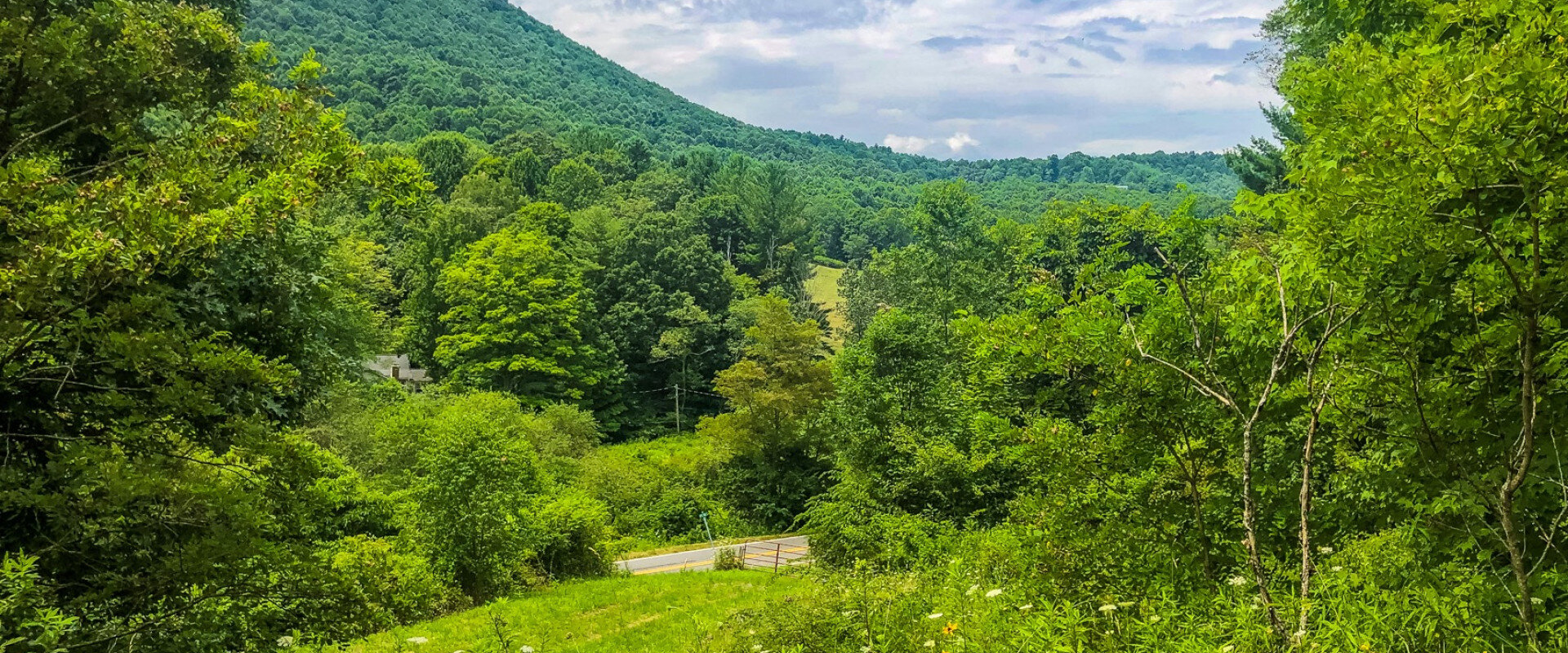Further Exploration of Free Land Selling in South Carolina
The free land selling movement in South Carolina presents a multifaceted landscape shaped by various factors, from economic dynamics to cultural shifts. As the state continues to evolve, several additional themes emerge, illustrating the depth and breadth of opportunities and challenges in land ownership.
Integration of Smart Technology
As technology advances, smart home features and sustainable building practices are becoming increasingly important to buyers. Many landowners are now incorporating smart technology into their homes and properties, enhancing energy efficiency and security. This trend not only appeals to tech-savvy individuals but also contributes to lower utility costs and a smaller carbon footprint, making properties more attractive to environmentally conscious buyers.
Resilience and Climate Adaptation
With rising awareness of climate change and its impacts, many prospective landowners are prioritizing resilience in their property choices. Buyers are looking for land in areas less prone to flooding or extreme weather conditions and are interested in implementing sustainable practices that mitigate environmental risks. This shift emphasizes the importance of responsible land stewardship and long-term planning for climate resilience.
Investment Opportunities
For investors, the free land selling market in South Carolina represents a significant opportunity. As urban areas become saturated, investors are increasingly looking to rural and suburban areas for potential growth. Properties that can be developed for residential, agricultural, or mixed-use purposes are particularly appealing. This trend may lead to the revitalization of previously underdeveloped areas, offering promising returns on investment.
Education and Community Resources
As the market grows, access to educational resources becomes vital. Many organizations are providing workshops on land management, sustainable agriculture, and real estate investment. These programs empower buyers and sellers with the Sell North Carolina Land Fast knowledge needed to make informed decisions, fostering a culture of responsible land ownership and development.
Emphasis on Collaboration
Collaboration between various stakeholders—local governments, community organizations, and private developers—plays a crucial role in shaping land use. Initiatives that promote partnerships can lead to innovative solutions for housing, infrastructure, and public services. By working together, communities can address challenges such as affordable housing and economic development while preserving the character of their neighborhoods.
The Importance of Local Identity
As South Carolina attracts new residents, maintaining local identity and heritage becomes increasingly important. Buyers interested in purchasing land often seek to engage with the history and culture of the area. This can lead to initiatives that celebrate local traditions, arts, and cuisine, helping to create a strong sense of place and community.
Alternative Financing Models
Access to financing remains a critical factor in land transactions. Traditional banking methods may not always be feasible for every buyer, leading to the emergence of alternative financing models. Options such as crowdfunding, community investment funds, and cooperative financing can provide creative solutions for individuals looking to purchase land, particularly in underserved communities.
Social Impact and Community Investment
The focus on social impact is becoming more pronounced in land transactions. Buyers are increasingly motivated by a desire to make a difference in their communities. This includes investing in projects that promote affordable housing, green spaces, or community centers. As a result, land purchases are often accompanied by a commitment to enhancing community welfare and quality of life.
Future Vision
Looking ahead, the potential for innovation in land use and ownership in South Carolina is expansive. Emerging concepts like regenerative agriculture, community-supported agriculture (CSA), and eco-tourism can reshape how land is utilized and perceived. By embracing these innovative practices, the state can lead the way in sustainable land management and community development.
In summary, the free land selling movement in South Carolina is a dynamic and evolving landscape that encompasses a wide array of opportunities, challenges, and societal values. As individuals pursue their dreams of land ownership, they contribute to a richer narrative of resilience, collaboration, and sustainability. This ongoing evolution not only influences the real estate market but also shapes the future of communities across the state, fostering a vibrant, inclusive, and sustainable environment for all residents.
